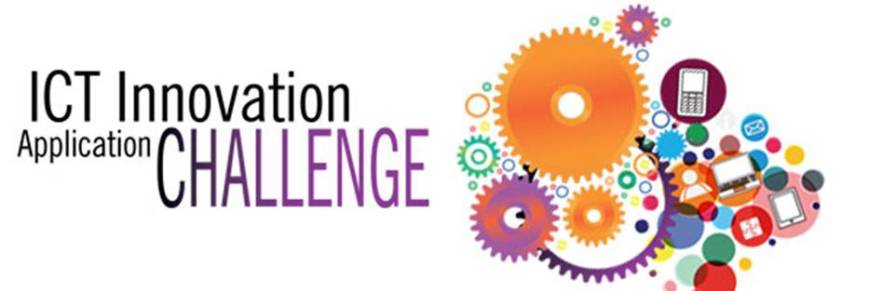
WTSA-12 Closing Ceremony: Mr Brahima Sanou, Director of the Telecommunication Development Bureau; Mr Mohamed Al Ghanim, Director General, TRA, UAE; Mr Malcolm Johnson, Director of the Telecommunication Standardization Bureau; Mr Mohammed Gheyath, TRA, UAE, Chairman WTSA-12; Mr Gheyath’s father; Dr Hamadoun Touré, Secretary General, ITU; Mr Houlin Zhao, Deputy Secretary General, ITU; and Mr Francois Rancy, Director of the Radiocommunication Bureau
Adopting six new Resolutions, ITU’s membership has called on ITU-T to expand its work on e-health, software-defined networking (SDN) and e-waste. In addition, members have called for the establishment of a Review Committee to ensure that ITU-T’s structure continues to meet the needs of the continually evolving and convergent ICT landscape, particularly as collaboration with vertical markets increases. This will help to enable such innovations as e-health, intelligent transport systems, smart grid, mobile money and e-learning.
WTSA-12 was the best-attended Assembly yet, attracting over 1000 participants from 101 countries. The Assembly appointed four new Chairs and more than fifty new Vice-chairs to ITU-T’s expert groups, and deliberations over the last ten days have taken into account over 240 documents in over 30 different working groups.
WTSA-12 also called on ITU-T to ensure that new ITU standards (ITU-T Recommendations) are accompanied by implementation guidelines, and another Resolution invites ITU Member States to refrain from taking any unilateral and/or discriminatory actions that could impede access to Internet sites or resources.
Read the full press release here.






